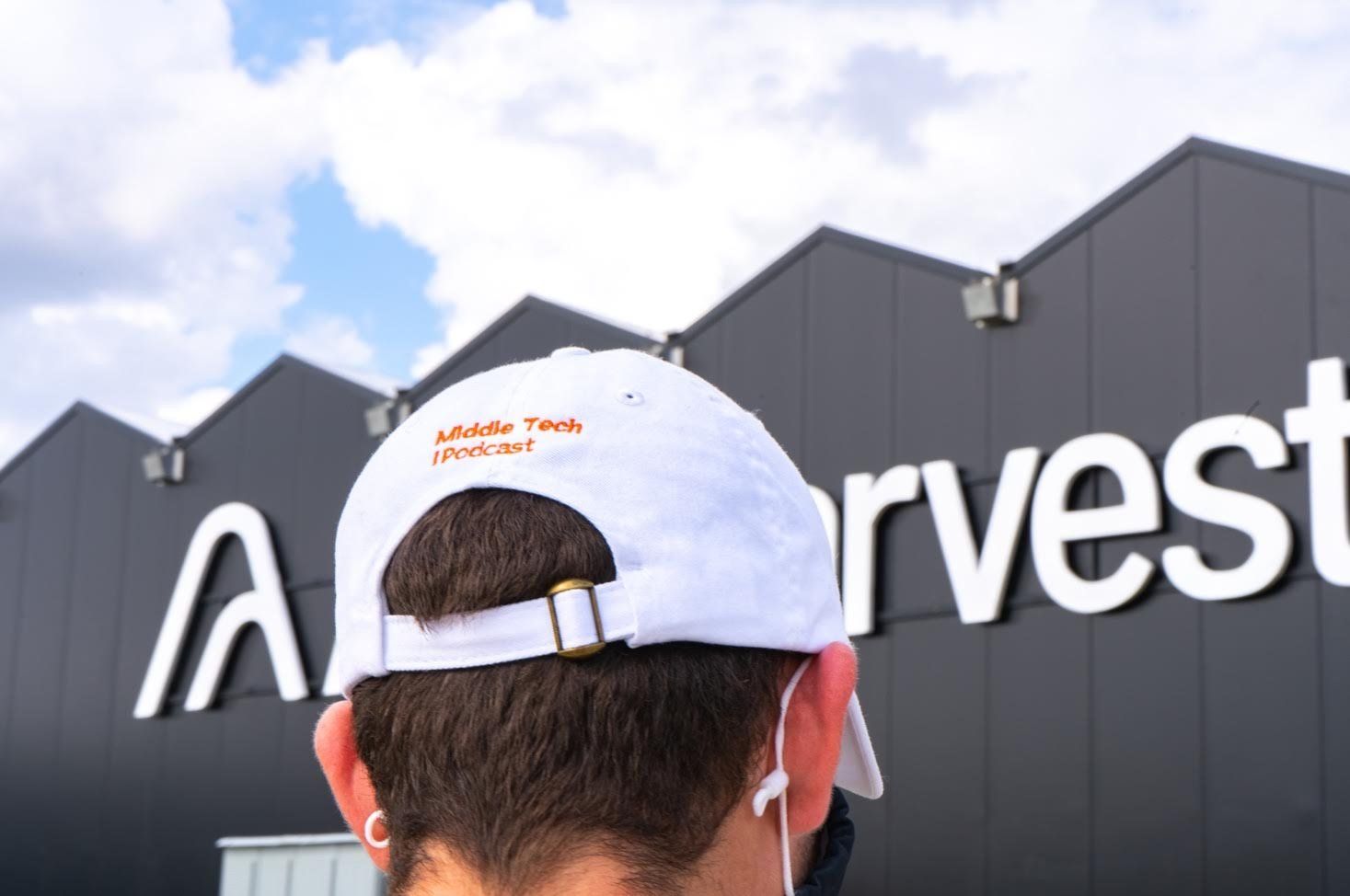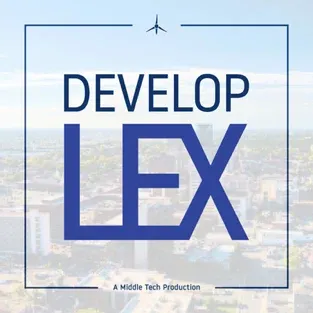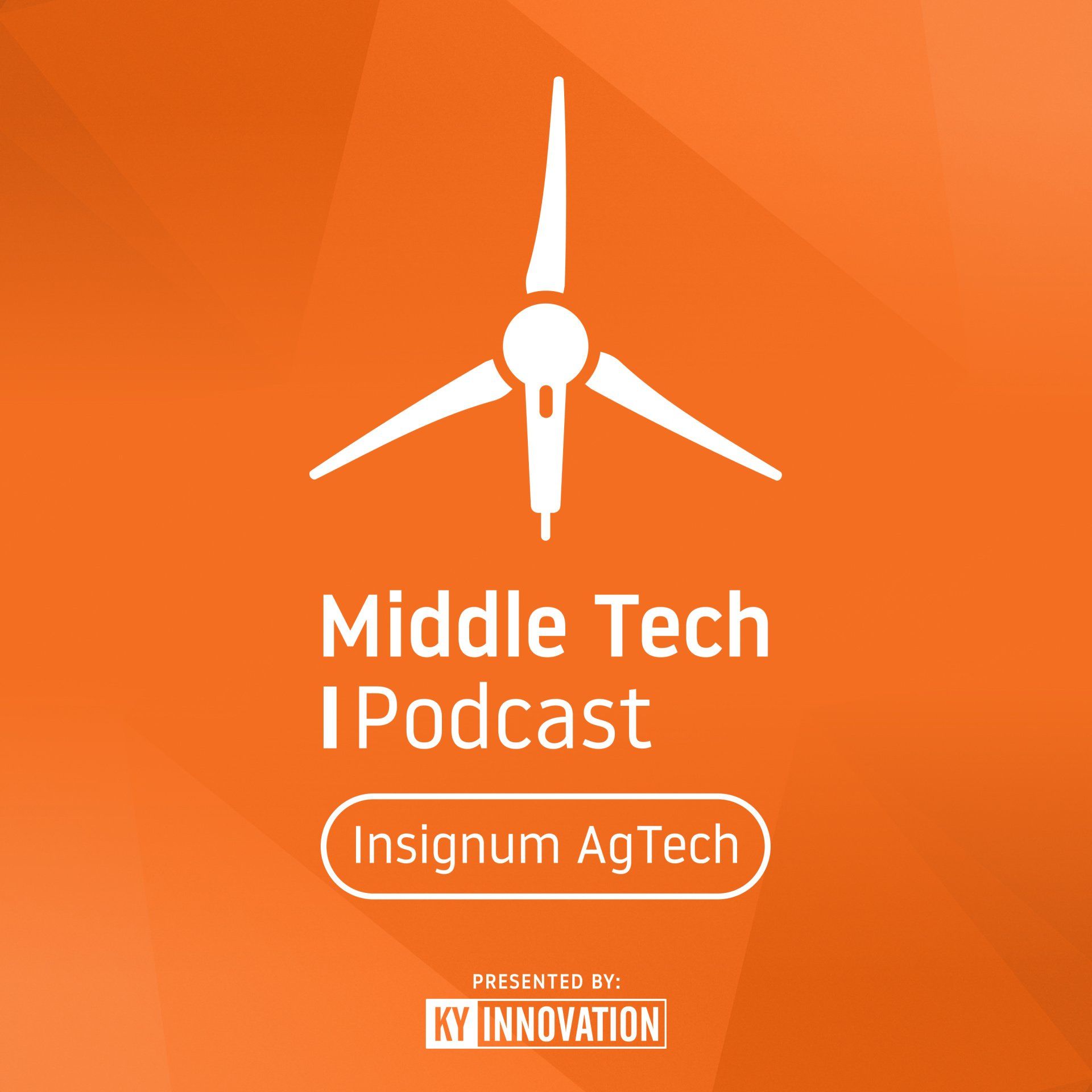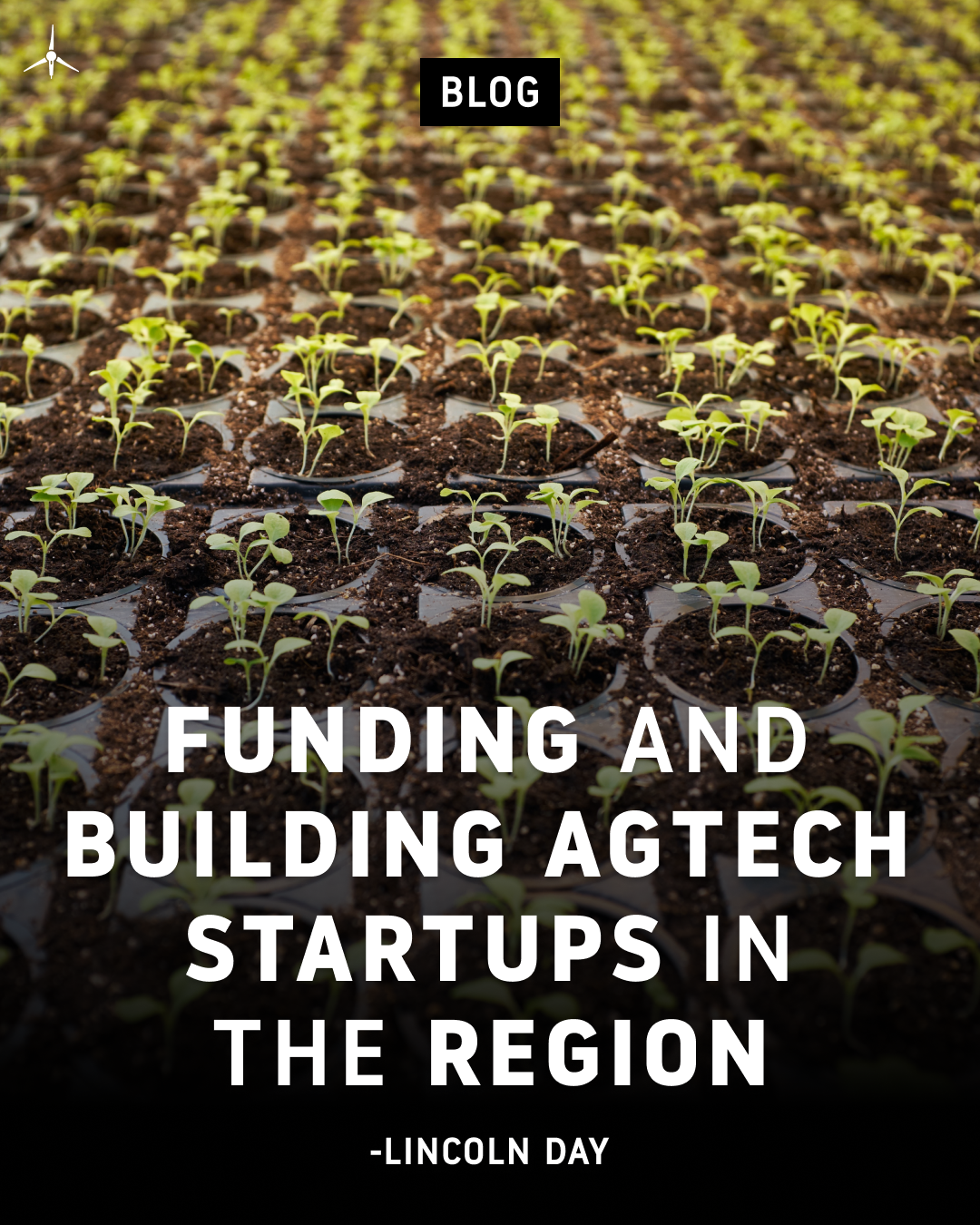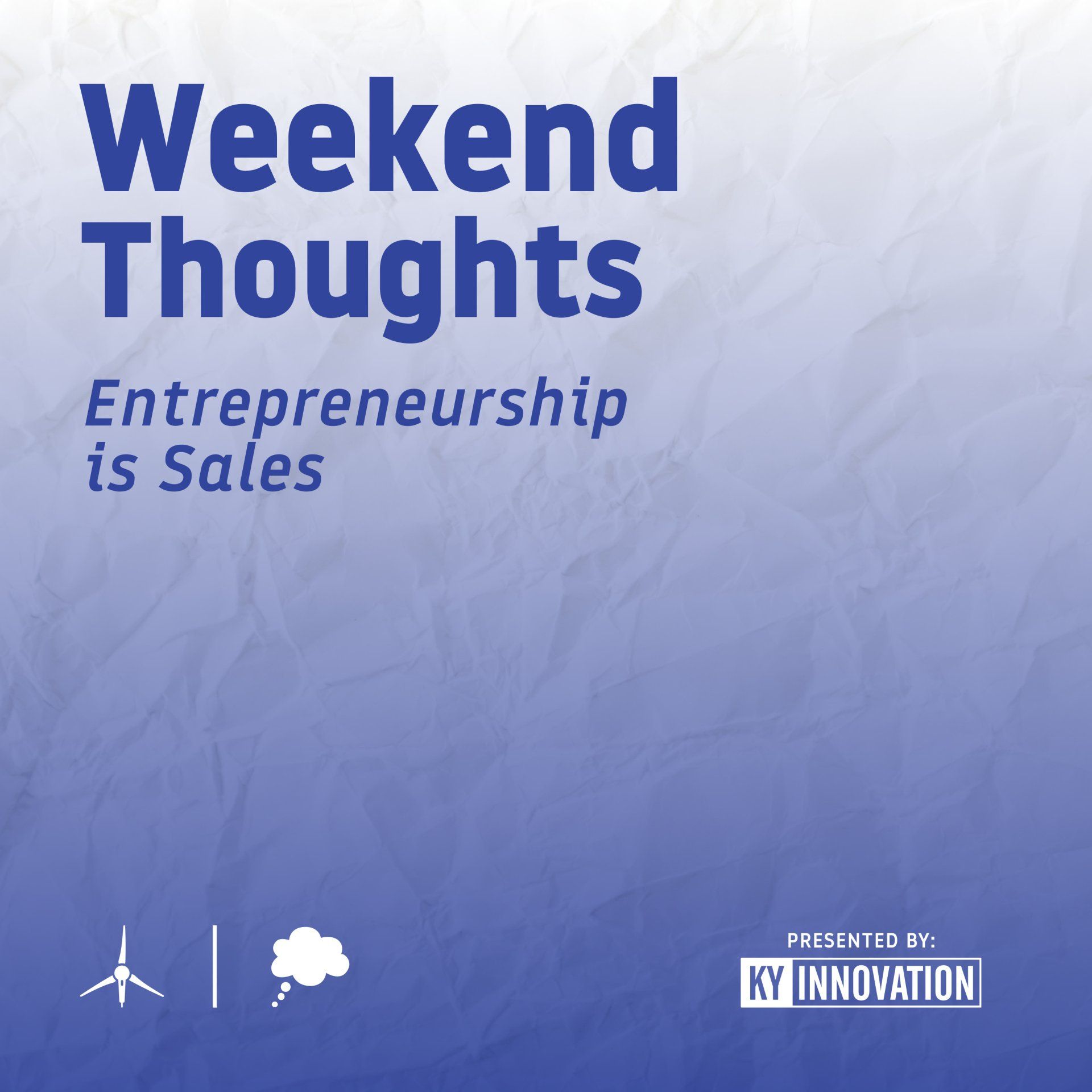Three Reasons Why Now is the Time to Invest in Rural Broadband
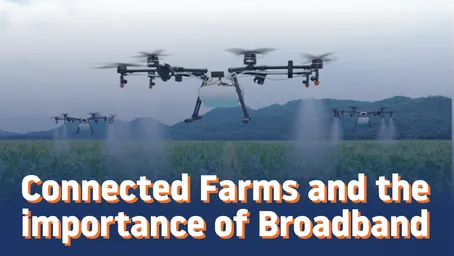
The internet is, for all intents and purposes, the future of the world economy. From crypto-currencies to healthcare, businesses are being operated more and more from behind a computer. That doesn’t bode well for Kentucky, which according to recent U.S. Census figures, ranked 44th in the nation for broadband access.
The COVID-19 pandemic exposed our connectivity issue in Kentucky. Stories of children spending the day in the parking lot of their local library to “steal” wi-fi so they can attend their Zoom classes have plagued parent’s Facebook profiles since early 2020. This was a tough lesson to learn during an even tougher time. But, with a flux of funding coming in from the federal government, we have a generational opportunity to fix our connectivity issue for good. Here are three reasons why the state should use those funds to increase rural broadband access for all Kentuckians.
1. We have a beautiful state that will attract remote workers
One of the biggest differences between pre-pandemic life and (semi) post-pandemic life is the frequency of remote work. It’s now possible for someone who is based out of the Chicago Google office to go fully remote and live wherever they want. We have a beautiful state with a low cost of living.
This means that Kentucky should be a destination state for remote workers. There’s something for everyone here and if we can offer the best internet speeds to remote workers, that improves our case for getting them to move here and contribute to our local economies.
2. It can directly benefit our farmer’s bottom line
According to a study done by the Federal Communications Commission (FCC) farms with 25 Megabits-per-second (Mbps) download speeds and 3 Mbps upload speeds realized a 3.6% increase in corn yields as measured in bushels per acre, per 1,000 households. Moreover, the study also found evidence of statistically significant decreases in the operating expenses per farm operation.
Tasks like online banking and finding the best price for seeds and fertilizers benefit productivity and margins. But perhaps a more salient reason for better internet access is having the ability to monitor and collect real-time data on crop conditions, soil health, and equipment status. Being able to remotely control irrigation has a two-fold effect on the farm’s bottom line, as well as the conservation of a valuable natural resource.
3. It could be the difference between life and death
Having the ability to visit a doctor via telehealth capabilities could be the difference between life and death for folks in rural areas. A 2019 report in the Health Affairs Journal showed that people in rural areas have a 40% higher chance of preventable hospitalizations and a 23% higher death rate than those who live in urban areas. One could speculate that investing in broadband and bringing telehealth services to rural America would lower those numbers, and at the very least, would allow patients to receive consultation online in their home, which in turn would prevent them from having to commute long distances to the nearest provider.
The case for rural broadband expansion is now. It is imperative that our state government hold the large telecommunication companies accountable and start chipping away at the rural-urban divide crisis that we face in America. For the playing field to be truly level, the same opportunities must be available to all Americans, regardless of how far up a holler they live.
